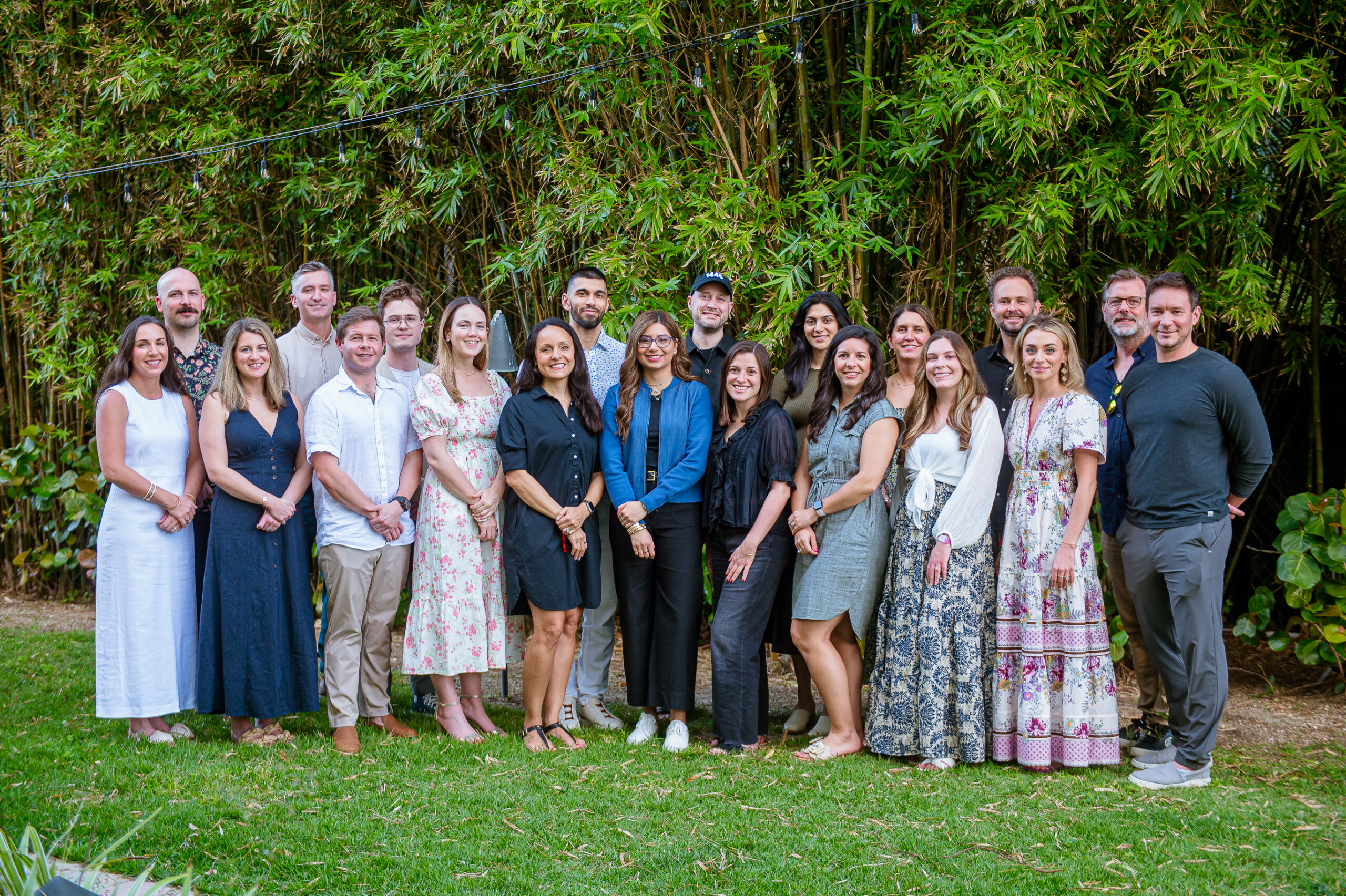
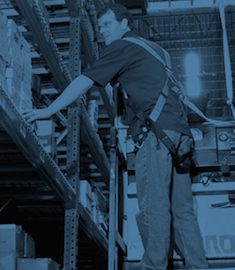
Without Investors, Our Evergreen Business Thrives
- Tim Barrett
- Barrett Distribution Centers
There’s a point in the life of every business when you have to decide if you are going to take a risk or play it safe. There’s nothing wrong with playing it safe. Plenty of businesses have chugged along with fine profits for decades by sticking to the safest path. But if you want to grow, you have to take that risk.
As the chief operating officer at Barrett Distribution, a third-party logistics company, I’ve come to this crossroads many times. While I relish making big decisions, running an Evergreen family company comes with the added pressure of continuing the family legacy.
For example, in 1995, we landed a giant food distributor. At the time, we were an $800,000 company. With this new client, we were about to double our business.
In order to accommodate this distributor, we needed another 20,000 square feet of warehouse space. Instead of buying a building that was just big enough, my brother Arthur and I (who co-run Barrett Distribution) signed a lease on a 60,000-square-foot building, funded by cash flow.
I remember signing the lease that cold New England day and thinking, “Oh, boy. What did we just do?”
But the risk paid off. The bigger warehouse gave us the confidence to go after more customers, and soon we had enough business to fill the space. We have grown from a $600,00 company to a $55 million company with 275 employees and locations in six states. We’ve been able to grow without taking investor money by trusting our own instincts and taking smart risks.
Barrett Distribution was founded by my grandfather 75 years ago as a wool warehouse serving the textile factories around Lawrence, Massachusetts. My father grew the company to deliver bulk goods to local manufacturing plants. When he passed away in 1984, I was still in college. My mother ran the business for a time, and then my brother stepped up to take over.
When I was getting my MBA at the University of Michigan, I knew I didn’t want to go work for a large corporation. I wanted to be more entrepreneurial. After several interviews, I realized there was a great opportunity right under my nose — the family business.
I joined Barrett Distribution in 1994. At the time we had five employees and were doing a comfortable $600,000 per year, but my brother and I felt we could do better.
It was both a blessing and a curse that my father wasn’t around to help us. It would have been invaluable to have had the wisdom of his decades of experience as we set out to grow the company. At the same time, I’m not sure my dad would have been completely supportive of our appetite for risk.
We’ve tried to be very calculating about risk. For the most part, we’ve grown steadily, adding warehouse space and employees to meet our clients’ needs. Until about six years ago, we never took on any debt. There were times we weren’t taking salaries, but we were able to fund our growth through cash flow. (Low interest rates finally convinced us that it made sense to take on some debt, but we still keep our debt-to-equity ratio very low.)
Because our risks tended to pay off, I was full of confidence when we took on our biggest customer to date in 1998. We were a $2 million company — not even the biggest logistics company in Boston. But when Best Buy went looking for a partner to manage its distribution, we landed the business.
Best Buy was a $3 million client, which meant we had to grow quickly. For the first six months, my brother and I worked 100-hour weeks to handle the extra work. Best Buy didn’t just bring more volume; it created a level of complexity we hadn’t worked with before. We were lucky to hire the perfect manager to run the new operation and, in less than a year, Barrett had grown enough to comfortably manage the business. Looking back, I may have been overconfident in our abilities to handle such a big customer. But it never occurred to me that we wouldn’t be successful.
Best Buy was a game changer for Barrett. The marquee name brought in a lot of new business (although we never used the company in our marketing) and we were able to grow steadily into our current national footprint. (Best Buy now does all of its logistics work internally.)
And we are still a 100% Evergreen family-owned business. We get offers all the time from companies wanting to buy Barrett. But I always think about how much more we’re going to be worth in five years or 10 years if we keep growing on our own. We never would have been able to get here if we had to answer to outside investors. They may have advised us to be cautious or to spend more time deliberating every move. On our own, we have more flexibility, and that has driven our success.
Instead of pleasing investors, I’ve been able to make my decisions with the best interests of my family, my employees and my business in mind. We feel like we have a good thing going here and the future looks bright.
Tim Barrett is Chief Operating Officer of Barrett Distribution Centers. He has served as President of the Council of Supply Chain Management Professionals’ New England Roundtable. Before joining Barrett Distribution, Tim held positions at PriceWaterhouseCoopers. Tim received his M.B.A. from The Ross School at The University of Michigan and B.A. in Economics and Accounting from The College of the Holy Cross.
More Articles and Videos
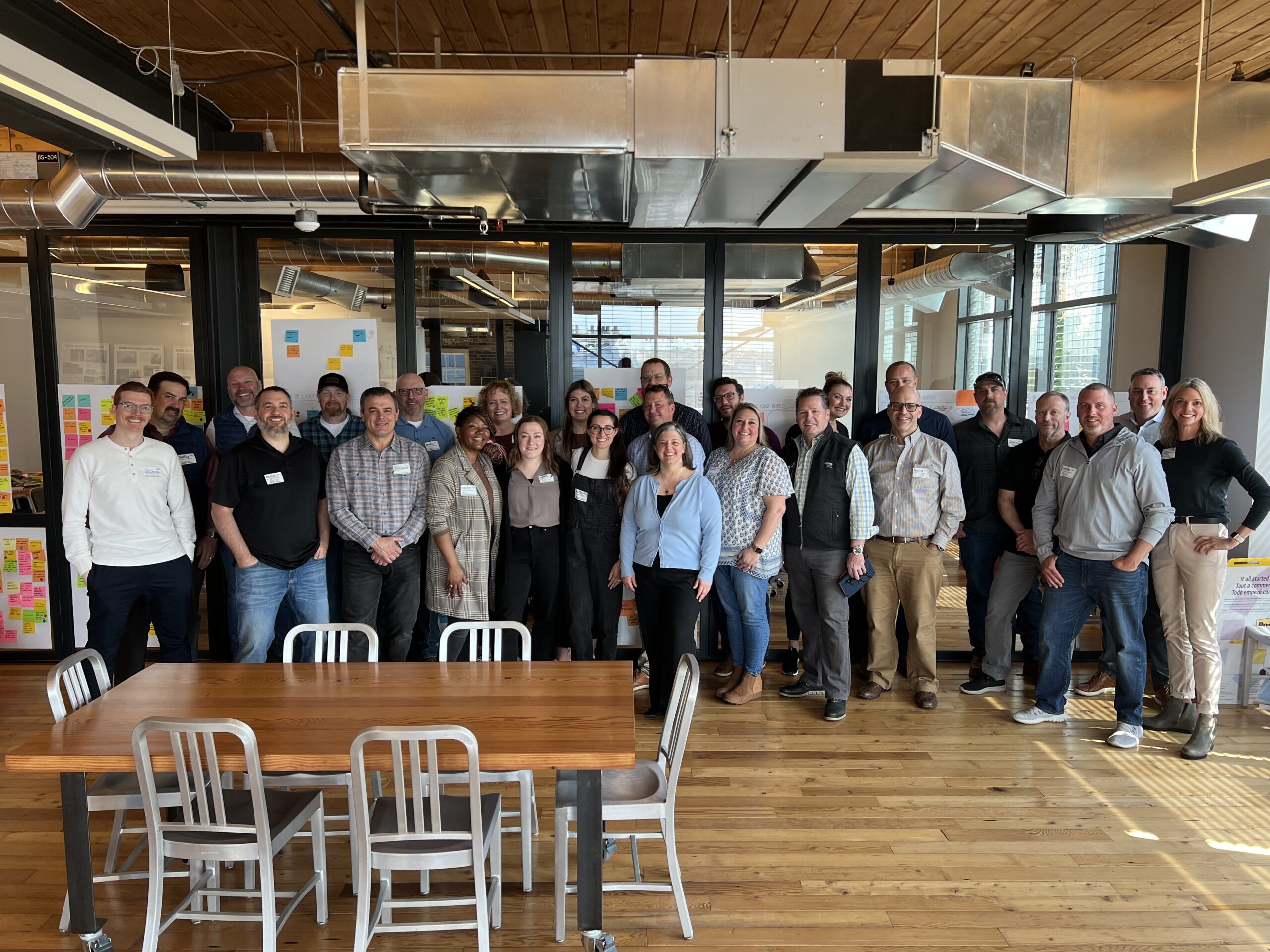
Creating an Employee Value Proposition Straight from the Source
- Bart Ricketts
- Lease Crutcher Lewis
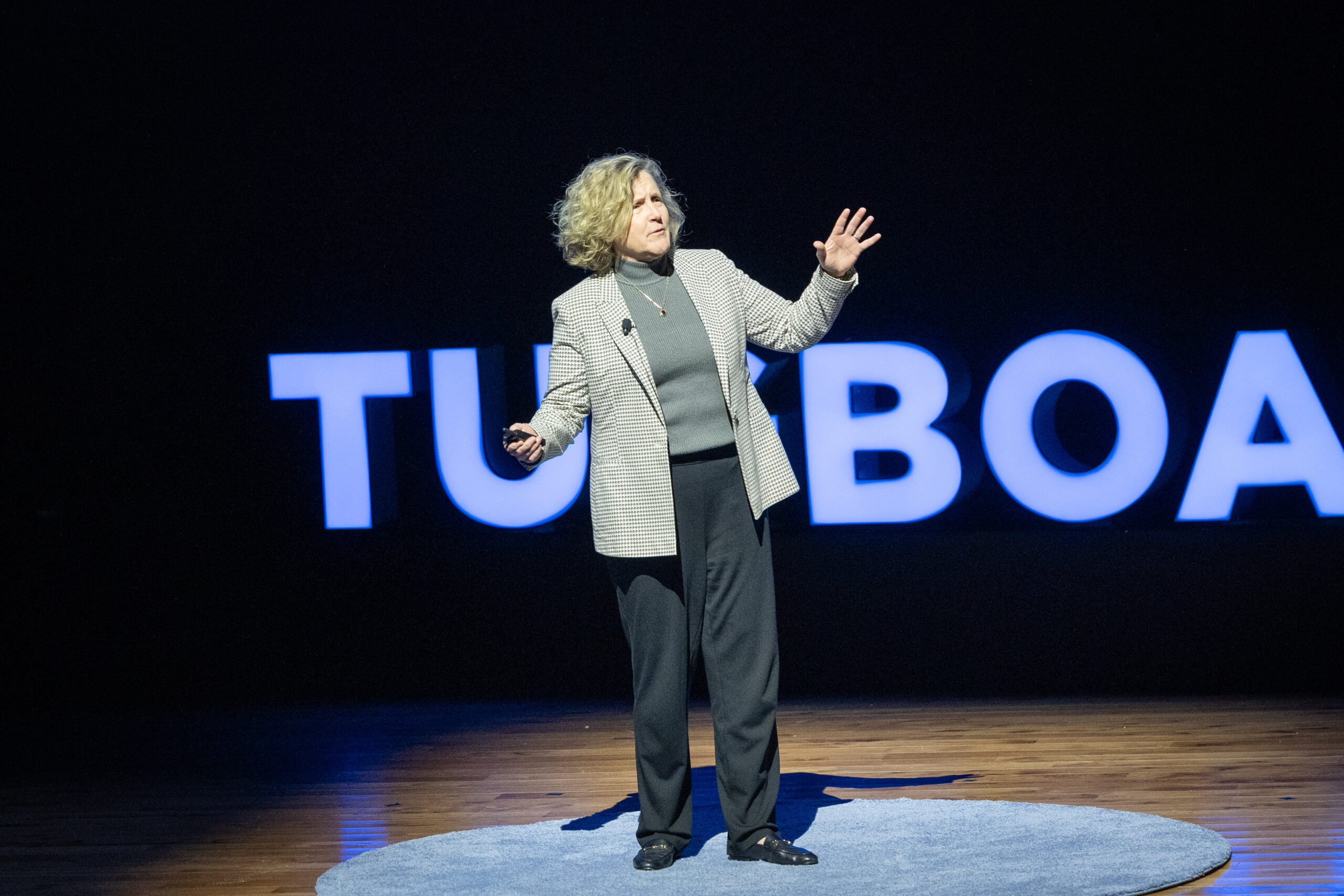
Both/And Thinking: Harnessing the Positive Potential of Tensions
- Marianne Lewis
- Carl L. Linder College of Business, University of Cincinnati
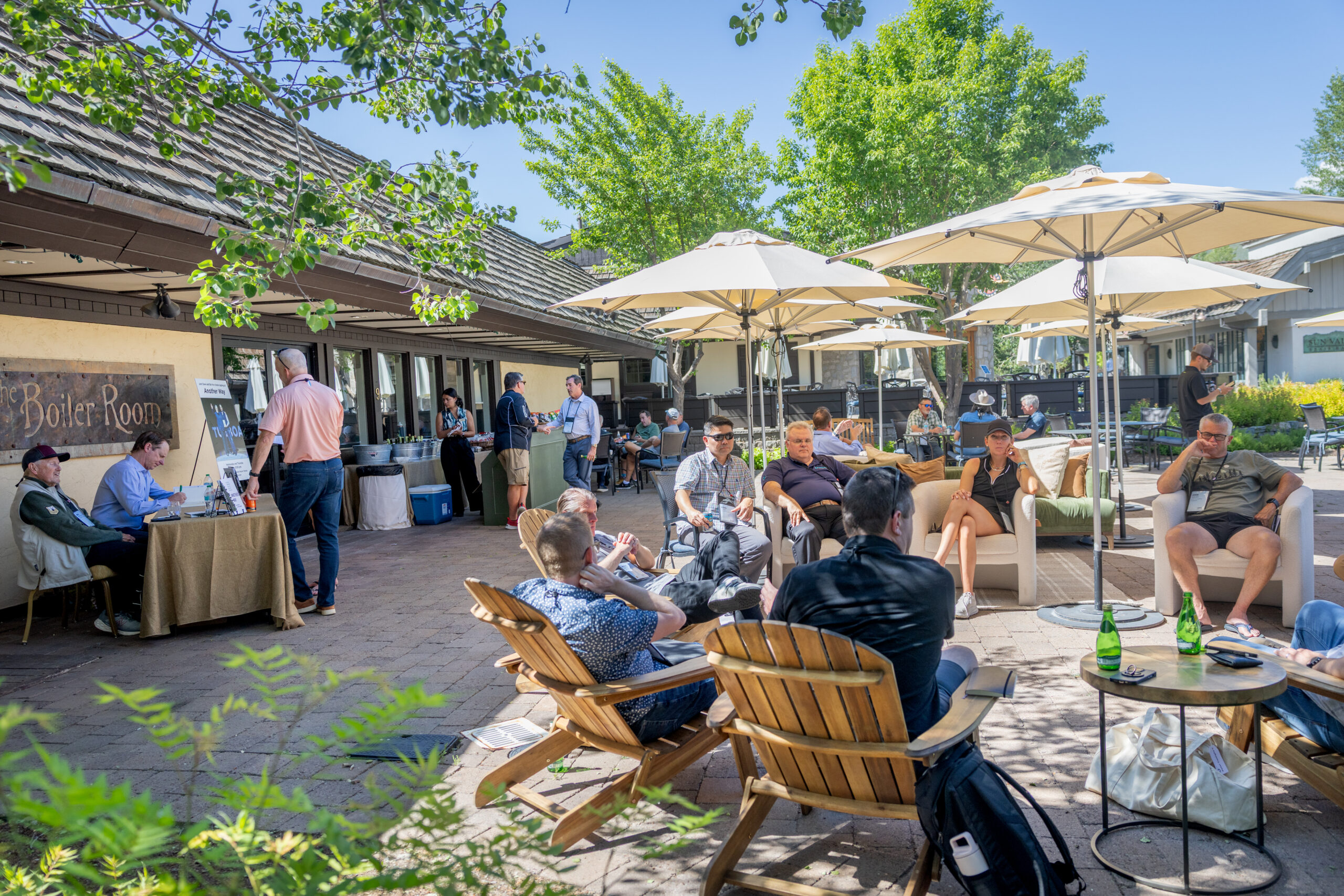
Leading Through Uncertainty – Tugboat Institute® Summit 2025
- Jackie Hawkins
- Tugboat Institute

Get Evergreen insight and wisdom delivered to your inbox every week
By signing up, you understand and agree that we will store, process and manage your personal information according to our Privacy Policy
